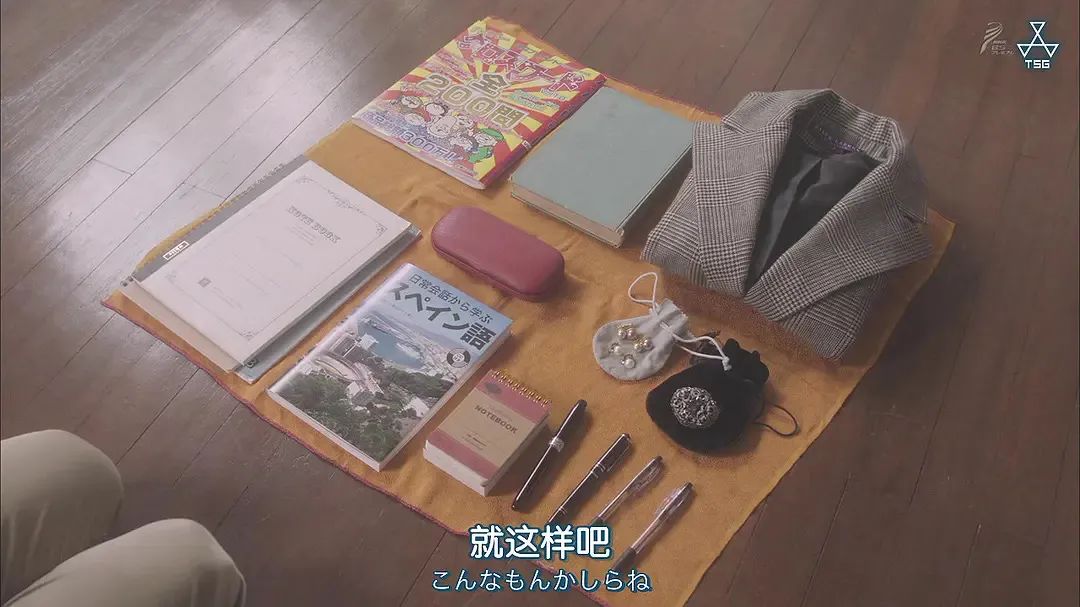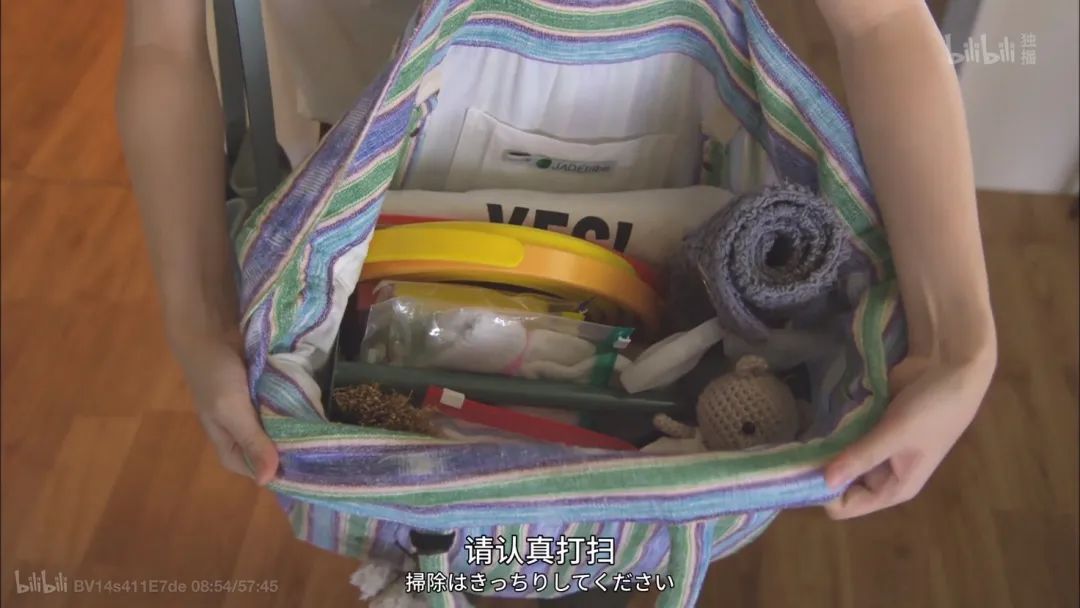Comfort of housework: Doing housework can make people happy. I didn’t expect it either …

I found a rule: doing housework can make me feel calm.
Whenever my thoughts are upset, I will sweep the dust from the floor, clean the sink, or wipe off the floating dust on the table, and store the clothes on the folding clothes rack … Waiting for the indoor window to be clear, all my irritability and anxiety will rest in peace for a while, and I will have a bright good mood again.
When I said these words, I was a little hesitant. After all, I don’t want to poeticize all trivial tasks such as washing rags, cleaning garbage and sucking dust, and whitewash the already difficult situation of many housewives who struggle in housework day after day.
I mean, doing housework itself often brings me some comfort. This is not my own opinion, and similar remarks can often be seen scattered on social media. Moreover, there are scientific reasons!

01
Comfort of housework: gaining pleasure in doing housework?
Tidying up your desk, watering plants or folding clothes are all chores that do not meet the standards of hedonism. However, I often find that I can seek pleasure and comfort in these small repetitive tasks.
If I’m waiting for an important call, or I’m stuck in the writer’s block because I have an urgent task, I often choose to rearrange my collection of records or clean up the files around the office. Sometimes this is the most relaxing moment for me all day.
I’m not alone. When we are under the pressure of the epidemic, according to the report, many people say that they are interested in cleaning up their homes again as a way to cope with the uncertain life. On the oil pipeline, videos of some people doing housework even have a large audience, and some of the most popular video clips have been watched by millions of people.
Psychologists believe that there are many potential mechanisms to explain the perfect pleasure of relaxing life, and these relaxing behaviors are likely to encourage you to live a better life.

02
The scientific truth of housework and recreation
On the surface, doing some simple housework for recreation may be good for your mood. It occupies our brains, so we will pay less attention to the things that worry us. For example, we may struggle with our own thoughts in our brains, but we also find that housework can fix us in the here and now. This mainly depends on where we focus.
In a study on the effects of washing dishes on mental health, researchers from Florida State University divided 51 participants into two groups. Half the people were asked to read the article, encouraging them to focus on the feelings generated by activities. "When washing dishes, you should be fully aware of the fact that you are washing dishes." The other half read the instructions on how to wash dishes, but no one explicitly encouraged them to focus on the feeling of washing dishes.

Afterwards, the researchers asked the participants to fill out a questionnaire about their experience. Those participants who had full sensory experience reported that their mood was significantly better. The specific content includes that their nervousness has decreased, and they even have a kind of "inspiration" for generate. Immersing themselves in simple activities for a while will refresh their minds.
03
Enhance the ability of perception control
Different from other distracting activities, such as playing computer games or watching soap operas, doing housework for recreation also has an obvious advantage, which is to increase our sense of control.
When we feel anxious, helplessness will aggravate the physiological stress response and increase the level of hormones such as cortisol. In the long run, helplessness will even damage the function of the immune system.
Ideally, we would deal directly with the disturbing situation itself. However, research shows that we can gain a sense of control from activities that bother us but have little impact.

Stacy Bedwell, a psychologist at the Institute of Psychiatry, Psychology and Neuroscience at King’s College London, said: "We will believe or feel that we have control, but it doesn’t have to be consistent with the actual control situation." She said. Being able to change our environment can create a beneficial sense of control, which can also explain why cleaning and tidying up our home makes people feel so healed.
Some studies on the elderly also prove this view. Professor Allen Langer of Harvard University and Professor Judith Rodin of Yale University conducted a classic study. The study was conducted in a nursing home and participants were divided into two groups. The first group of participants were allowed to change the room according to their own ideas. They can decorate their furniture at will and get a plant. They need to take care of themselves. At the same time, the second group of participants were told that the staff would take care of everything in the room, and they didn’t even have to water the plants. In the next 18 months, the residents in the former group who are in charge of their own rooms are in better health than the latter group.
For example, grouping objects by color can provide better exercise for the brain to control chaos. The former group of participants may have received more exercise than the latter group. Langer and Rodin believe that this kind of exercise is mainly psychological, and their sense of control over life is enhanced.

04
A tidy room, a focused heart.
The benefits don’t stop there. If your housework is mainly organized, you may find that a cleaner environment will bring you comfort.
As Ethan Cross, a psychologist at the University of Michigan, wrote in his book. If we see order in our living environment, our inner feelings will not be so chaotic. "It can make life more predictable."
Bedwell points out that this may have a significant impact on your ability to concentrate. "If you sit at the kitchen table and your laptop is surrounded by clutter, then your brain must constantly deal with a lot of visual stimuli, and at the same time you should try to concentrate on the task at hand. Eliminate visual confusion and you can concentrate more easily. "

Brain imaging research also supports this view. Generally speaking, when you increase the number of distracting objects in the scene, your brain activity will become more intense, and every object is competing for our attention. This may cause your brain to become tired, making it difficult to concentrate for a long time.
What’s important is that you don’t have to remove the clutter to prevent this from happening, you just need to rearrange it. Grouping objects, for example, by color, can reduce some nervous confusion and improve our attention.
Doing housework can reduce anxiety, relieve stress reaction, increase attention and release endorphins. No wonder many people immediately choose to do housework when faced with uncertainty.
Like all activities, the benefits of these activities will be influenced by your personal taste and psychology. For example, the effect of running and other sports can be adjusted by people’s mentality. Sorting, cleaning and sorting are no exception. If you hate doing housework and only reluctantly pick up the broom, it may be difficult to get the pleasure of doing housework for recreation.

Original title: "Comfort of housework: Doing housework will make people happy, which I didn’t expect …"
Read the original text